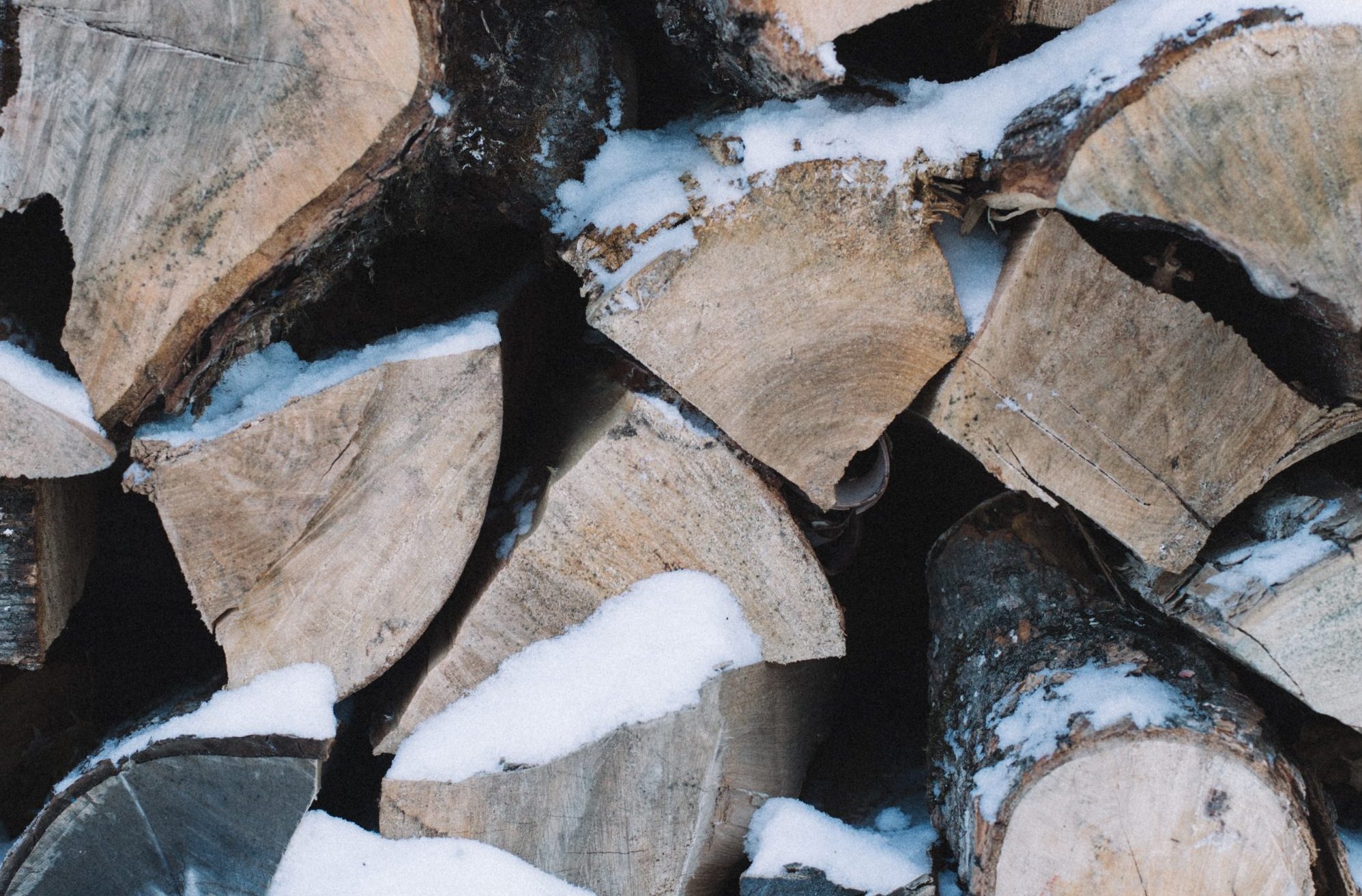As we quickly approach the holiday season, it’s apparent that we’ll begin to accumulate a lot more “stuff.” Along with that extra stuff, also comes extra waste. An additional 540,000 tons of wrapping paper adds to the 25 per cent more waste thrown out over the holidays.
I’m sure you won’t be surprised to discover that I would like to convince you to ditch the extra stuff and wrapping paper. I’d like to encourage you to cut the extra manufacturing, shipping, packaging and eventual disposal of it. After all, it’s possible that your favourite uncle doesn’t actually need that Einstein bobble head.
Like any form of change, it may be easier to make this change slowly. This approach may take a bit more creativity, but I wager that once you start, you may find yourself more excited about what you do give. Many people really don’t need any gift at all. Having a mother who was a teacher, let me reassure you that teachers really don’t need any more soap, or mugs or fish-shaped dishes. They would, however, really appreciate a thoughtfully made card or letter telling them how much they are appreciated.
There are many options and approaches to avoid giving more stuff. I personally love experience gifts. Of course, they should be thoughtful and personalized (sky-diving may be a risk).
With my own family, when we finally made the shift, we decided that each couple would take turns planning a fun night out for everyone with a spending cap that is less than what we would have spent on gifts. It is a great way to have new experiences together and ensures we aren’t just together for the holidays. There are so many amazing options, such as sporting events, theatre, concerts, travel, etc.
Another great option is to buy consumables, such as food or drink. A nice bottle of Niagara wine or locally brewed craft beer are great ideas. Something like a “picnic in a box” could be really fun (especially if it comes with an attached babysitting coupon). Pampering gifts or memberships may also be really appreciated (think Library of Things membership for a new home-owner).
Since reuse is one of the important “R’s,” upcycled items are not only keeping something out of landfill, but often support local artisans and are generally unique. Last year, when my husband’s wallet broke, I bought him one made from damaged bike tires.
I also love the idea of a White Elephant exchange, where you wrap up something from your own home and each person takes a wrapped gift or steals from someone else. Similarly, you could issue a challenge of only exchanging goods from local second hand shops. Ideally, you would skip the battery-operated items since batteries are a huge contributor to waste.
If you are uncomfortable with the idea of arriving empty-handed, you could consider buying a “green” product. If you can find something that you are convinced they will enjoy using and will replace a more harmful product, you may even be able to create a convert. Something like nice cloth napkins, or silicone lids to replace kitchen wrap may connect with someone who has already started to make changes.
Finally, you could consider giving a donation to a local charity in the receiver’s name. In this case, it is particularly important that this be personalized and matched with their own interests.
If you are going to skip gifts, chat with people early to avoid uncomfortable situations. Many people will even be relieved to know that you are happy with a holiday get-together, instead. Admittedly, kids can be harder to convince, but include them in the fun of thinking up things for others and be creative. The earlier you start, the easier it will be.
I believe that the spirit of the holidays feels even stronger after you ditch the stuff-heavy approach. In the end, a nice card or a lovely note can go a long way. After all, the holidays really are about enjoying time spent with family and friends. Using creative ways to show your appreciation for what they bring to your life will probably have a bigger impact than one more thing they have to find space for.
Stacey Danckert is the co-director of Waterloo Region Environment Network (WREN).




Leave a Reply